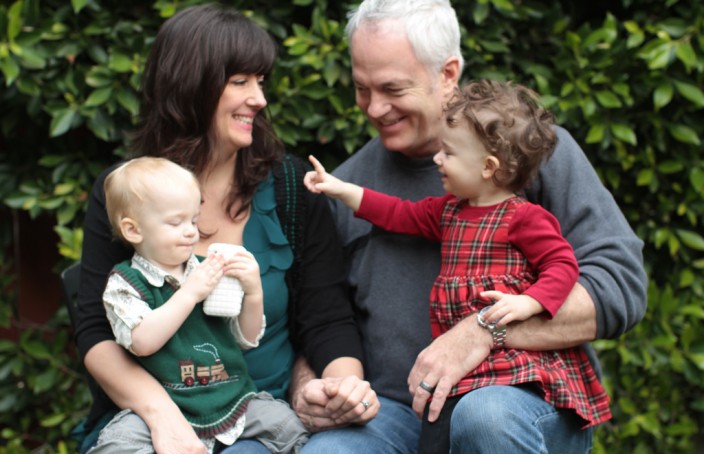Having type 1 diabetes is far from easy, but if your loved one has the condition, it can be useful to know what they are thinking.
You may already have an idea of this. However, if your loved one is reserved, or rarely talks about their diabetes, your awareness of their diabetes-related emotions may be limited.
Knowing what they go through emotionally – aside from what you see on a daily basis regarding their management – can enable you to make their lives easier.
This is particularly important, as a 2015 survey found that out of 2,741 people with diabetes who needed professional emotional support, 2,072 didn’t receive it.
We’ve compiled a list of feelings people with type 1 diabetes are likely to experience, and why knowing this can increase your knowledge of the disease.
1. They are regularly thinking about diabetes
Regular insulin injections or pump treatment is a consistent consideration, but high and low blood sugar readings can be infuriating and incredibly distracting if they cannot be explained. Along with monitoring food intake and avoiding hypoglycemia, there are a number of type 1 diabetes aspects your loved one will be thinking of a lot of the time.
2. If diagnosed as a child, their parents may have been protective
While type 1 diabetes can develop at any age, it is most commonly diagnosed in children. Parents will in likelihood have spent endless hours worrying about their child having a hypo at school or when they were with friends, which may have led them to being naturally more protective and cautious.
3. They may feel resigned to never seeing a cure
While islet cell encapsulation and stem cell research, among other cure prospects, are seemingly closing in, a cure remains elusive for type 1 diabetes. In times of woe, this thought can be haunting, especially if your loved one’s management is not going to plan and they have already seen a number of potential cures lead to nothing over the years.
4. They have faced a lot of misconceptions
A large percentage of people with type 1 diabetes will have faced misconceptions about their disease. “So you can’t eat sugar?” is a regular one, and these can take their toll, chipping away at a person’s patience, while not through the fault of anyone specifically. As a result, your loved may have a heightened sensitivity to these misconceptions and become easily annoyed.
5. If they are acting oddly, this could be a hypo
Your loved one may have good hypo awareness, but a hypo can creep up on anyone, especially during distracting circumstances. Clumsiness, aggression and confusion are all hypo symptoms that may not be clear to you at first, but if uncharacteristic, should lead to a blood glucose test.
6. If they are tired, this might not be laziness
Regular tiredness is a symptom of diabetes, while erratic blood sugar levels, especially being too high or too low, can result in lethargy. If your loved one has slept well and seems in good spirits, but they are still tired, bear in mind this could be due to their diabetes.
7. Their lifestyle changes are vast, and will continue
While type 1 diabetes is not a lifestyle disease, your loved one will have had to adopt several day-to-day changes, such as regularly medicating, testing their blood glucose levels and managing their diet. These lifestyle changes could be ever-changing, depending on their body, and taking on non-diabetes lifestyle changes may be harder for them to deal with simultaneously.
8. They don’t want to be left out
Your loved one will likely have been skipped out at least once when birthday cake, or something sugary is being offered, but this should be their decision. They would rather have the option of saying no rather than simply being ignored.
9. Diabetes can be depressing
The frustration of daily diabetes management can be grating, and your loved one may struggle with their emotions, especially if they are newly diagnosed. They may not be depressed, but their type 1 can still make them feel down every so often.
10. They may dread medical appointments
While their diabetes may be well controlled, meetings with GPs, diabetic specialist nurses or consultants can still result in extra information and lifestyle changes to be made. This can be exhausting, especially if they’re already trying their best. As a result, they may come home feeling quite down.
11. They don’t want pity, but they want understanding
This is a fine line to tread. Your loved one may seek compassion when their diabetes management isn’t going well, but also want to be treated normally otherwise. Providing you understand how life is for them, you can them empathise without treating them like they are not normal.














